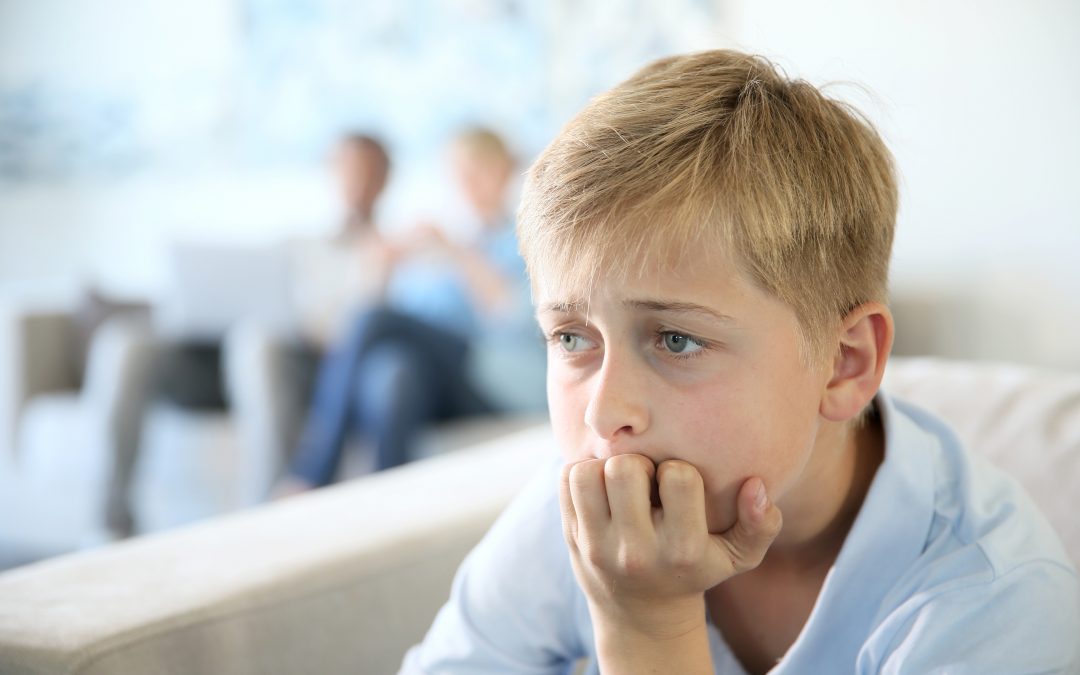Around one in five young people will experience anxiety or depression by the time they hit adulthood. Those who suffer from a young age are at greater risk of drug and alcohol abuse, risky sexual behaviour, suicide, poor academic outcomes and developing physical health problems later in life. The unfortunate reality is that anxiety and depression tends to run a chronic and recurring course, posing a significant public health burden.
Given that anxiety typically precedes the onset of depression in youth, preventative mental health programs delivered in childhood might impact anxiety and depressive symptoms before they get worse.
How to Prevent Anxiety Disorders
In some cases, preventative programs can prevent the incidence of a mental disorder occurring altogether. In other cases where the disorder cannot be prevented, these programs can delay the onset of clinically significant symptoms. A review of prevention studies targeting populations at varying levels of risk concluded that the use of preventative cognitive-behavioural interventions was very promising.
How might the widespread use of these programs reduce disability and service use in the future?
Early Intervention is Key
What if an individual is given the opportunity to learn strategies to prevent and anxiety and depression at a time where they may be more receptive to behaviour change? What if this learning took place before rigid patterns of cognition and behaviour have already been established? A study looking at the prevention of childhood anxiety disorders revealed that a failure to respond to treatment was often a consequence of established patterns of behaviour which was difficult to reverse.
Unfortunately, many young people who are at the point where they need mental health treatment services are unable to access or do not access these services. A systematic review of the perceived barriers to mental health help-seeking in young people revealed the most important barriers – the perceived stigma and embarrassment, problems recognising the symptoms and a preference for self-reliance. Perhaps taking a more preventative approach can alleviate these barriers too.
Resilience Kit introduces therapeutic concepts to Perth children through playful and creative group sessions, developing executive skills to build resilience and reduce anxiety. Learn more here.

